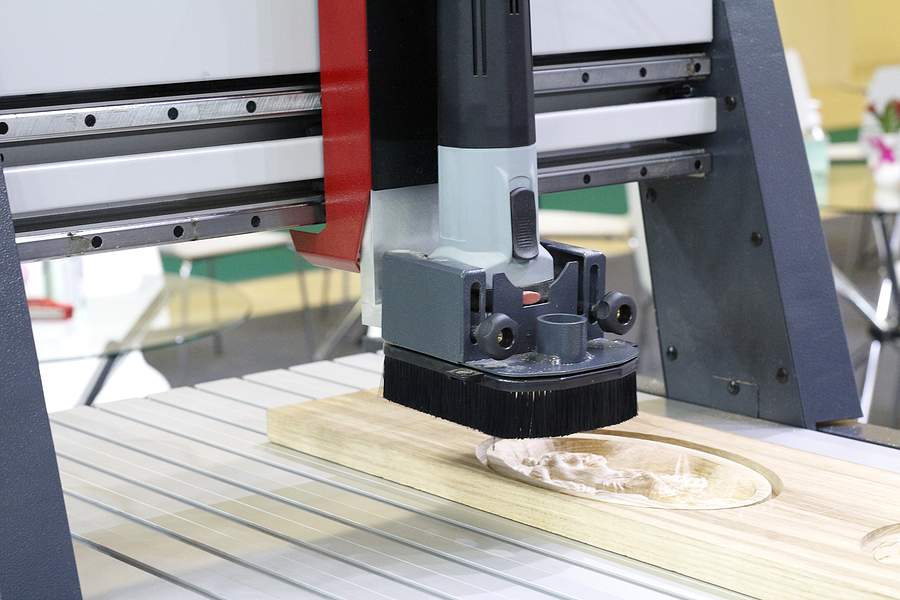Computer Numerical Control (CNC) machining is a high-precision and versatile method of manufacturing both simple and complex parts. It’s a subtractive process that begins with a solid piece of material and removes unneeded items to create the finished part. Through a CNC project, you can create durable and precise parts fast that meet a variety of applications.
But one of the challenging aspects of CNC machining is choosing the right material for your project. Since this type of process can work with a wide variety of materials, it can be simple to spend too little time on this step and make a critical error that will impact your finished product.
Here are a few things you’ll want to consider when choosing the best material for your next CNC project.
How Will You Use the Part?
Your first consideration should be how the part will be used. For example, anything used outside or near water should be corrosion-resistant, so stainless steel would be an ideal option. Another excellent option is aluminum, which is typically found in automotive parts and sporting goods. The FAA and FDA have specific regulations for materials, as do many other industries.
What About the Material’s Weight?
If the part needs to be lightweight, this will be a vital consideration. Aerospace and automotive applications take weight into consideration with parts. Materials like ABS will cut down on weight but also sacrifice some strength. If you need a material that is lightweight but strong and impact-resistant, nylon is an excellent choice. It is often used for gears, electrical molding, and fuel system components.
Is Heat-Resistance or High Strength Important?
How heat-resistant does your part need to be? Will it be exposed to extreme hot and cold temperatures, and how will the contracting and expanding of the part impact its performance? Your part’s strength requirements could limit the materials you use. Engineers measure strength in different ways, such as wear-resistance and tensile strength.
Stainless steel is an incredibly strong material, but it has a number of limitations when it comes to CNC machining. A strong yet affordable option is carbon steel.
Don’t Forget About Your Project’s Budget
Your budget for materials will also likely have an impact on your choices. Most designers want to get the most benefits out of their materials at the lowest price possible. Some materials, like titanium, aluminum, and other specialty metals, are costly and may not be viable options because CNC machining can leave a good deal of scrap material behind.
Need Help Choosing the Material for Your Next CNC Project?
If you have an upcoming project that requires CNC routing services, you don’t have to approach it with all of your questions answered. We can help. Components By Design, Inc. has over 15 years of experience with CNC routers and CAD/CAM software to help its clients with a variety of CNC projects.
Bring us your ideas or design specs, and let’s have a conversation about the different materials that we can use to create a prototype that meets your requirements. Contact us today to get started.
